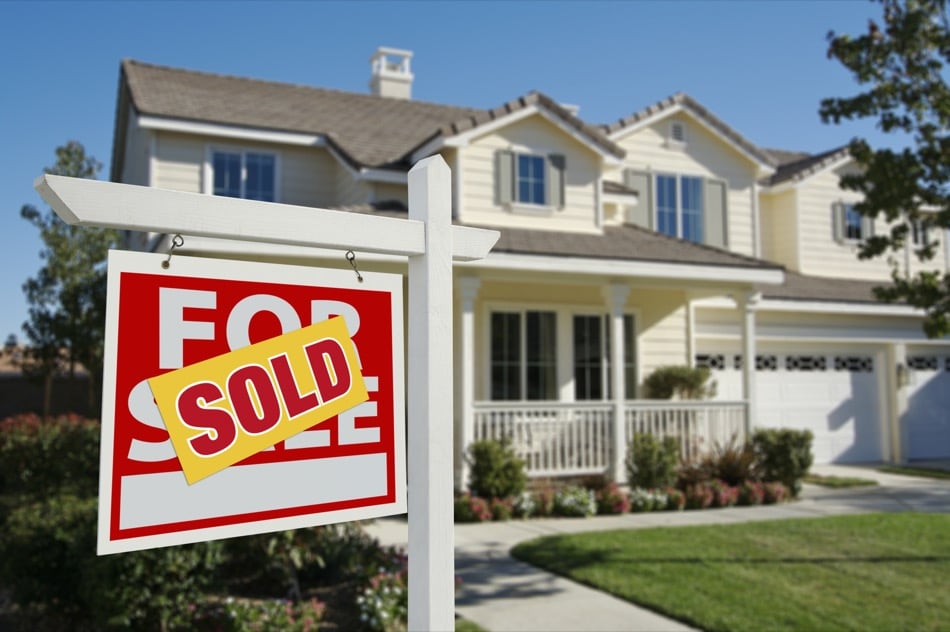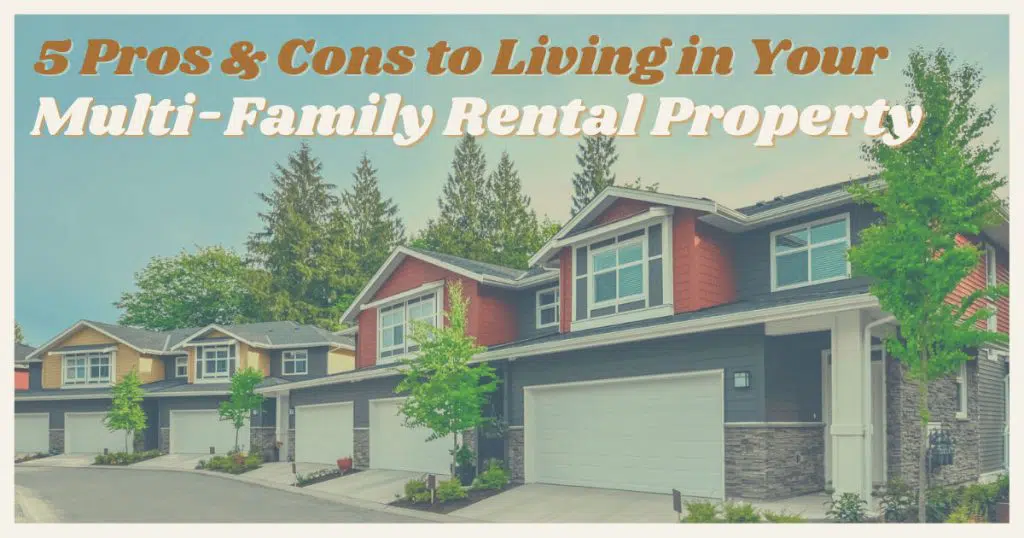
What to Know About Over- and Under-Pricing Your For-Sale Home
 One of the critical elements of placing a home on the market for sale is determining its listing price. There are many factors that may be considered in the process. These can include:
One of the critical elements of placing a home on the market for sale is determining its listing price. There are many factors that may be considered in the process. These can include:
- How urgently the seller wants to sell the home
- How long the home has been owned
- Upgrades made to the home
- The location of the home
- What the seller owes on the mortgage
- The condition of the property
- What similar homes have sold for in the area
- Whether it is a buyer’s or seller’s market
The bottom line is that home listing prices should be based on how much someone is willing to pay for a property. For this reason, real estate professionals most frequently suggest listing prices based on “comparables”. These are the homes sold recently in the area that are very similar to the property being listed. This provides sellers a real-life comparison of the prices houses like the one they are listing have actually sold for. The problem is that no two homes are exactly alike. This leads to some subjectivity in what the listing price should be.
Of course, a real estate agent can help guide a seller toward a logical listing price, however, the final listing choice is the sellers. There are benefits and challenges to both pricing a home too high and those associated with pricing it too low.
For informational purposes only. Always consult with a licensed real estate professional before proceeding with any real estate transaction.
Pricing a Home Too High
The obvious potential benefit to pricing a home high is that it can lead to a greater return on a real estate investment. It also allows more flexibility in “negotiating” any offers made on the property. Pricing a home too high, however, can also negatively impact a sale.
A higher price limits the amount of those who may even consider a property. This is particularly true when homebuyers use a search to sort homes by price. For example, if a home is listed at $305,000 but a potential buyer’s budget limit is $300,000, they may never be exposed to the property, even if the seller was willing to negotiate. Overpricing a home can lead to a protracted selling period, causing frustration for both the seller and the real estate agent. The home potentially can sell much quicker if it is priced fairly.
Pricing a Home Too Low
While pricing a home too low may result in a much quicker sale, it can lead to lost potential income. Pricing a home can also place it in a search category too low for some buyers who may have a slightly higher budget and be the perfect match for a property. It can also lead to doubts from prospects who may feel there must be something wrong with a property priced so attractively.
Pricing a home too low can box a seller in. It can leave them no room to negotiate even a small amount downward on the price of their house. If a home is being priced low, there should be very logical reasons for the decision that can be relayed to any potential buyer.
Pricing It Right
The solution is pricing an Eden Prairie new home logically and fairly. While a seller may have an emotional attachment to a house, that doesn’t necessarily translate to a buyer who doesn’t have that attachment. A seller’s personal financial situation, while important, does not affect the real value of the house. This again, is why comparables are such critical factors to use in pricing a home for sale.
For those looking for a smooth real estate sales experience, it is best to start with a listing price that makes sense. This can make the transaction smoother and more successful for everyone involved.
For informational purposes only. Always consult with a licensed real estate professional before proceeding with any real estate transaction.



